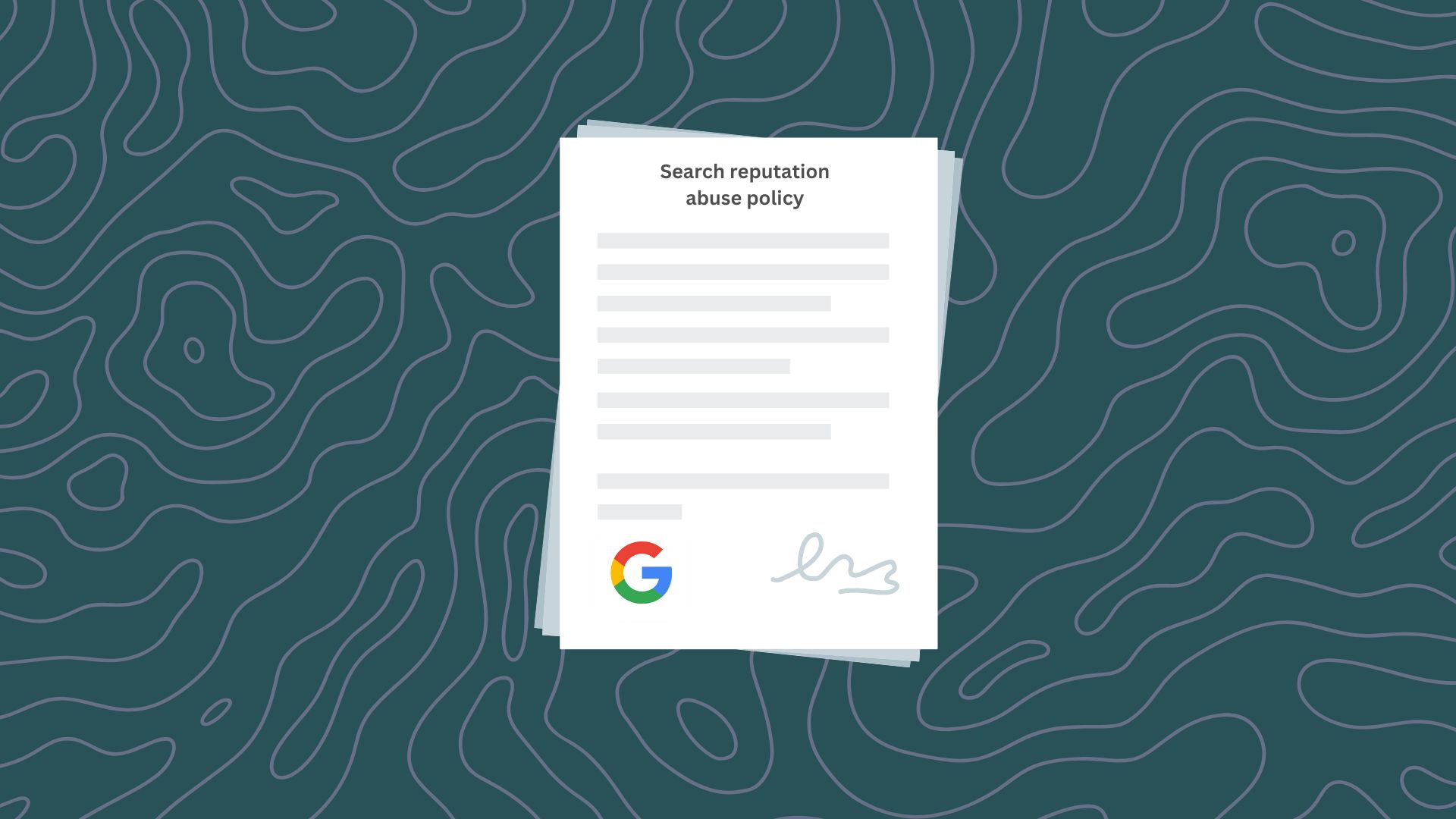Google is set to implement a new spam policy targeted at addressing reputation abuse, commonly known in the SEO community as “parasite SEO.” This policy is scheduled to go into effect shortly after May 5, 2024. This change is part of a broader initiative that includes the recently completed March 2024 core and spam updates.
Understanding Reputation Abuse and “Parasite SEO”
What is Reputation Abuse?
Reputation abuse occurs when third-party sites host low-quality content that aims to leverage the ranking power of more reputable sites. For example, an educational website might unknowingly feature payday loan reviews to enhance the content provider’s search engine visibility. This practice can mislead visitors, causing confusion about the expected quality and relevance of the information.
Google’s Definition and Policy
Under the new policy, Google defines site reputation abuse as the hosting of third-party content primarily for search ranking purposes, without the site owner’s stringent oversight. Such content, intended to manipulate search rankings, will be flagged as spam. However, Google clarifies that not all third-party content falls under this category; genuine advertising content meant for regular readers, such as native advertising or advertorials, will not be affected.
Policy Implementation and Enforcement
Automated and Manual Actions
Starting May 5, Google will begin enforcing this policy through both automated systems and manual reviews. These actions are intended to ensure that content which abuses site reputation does not adversely affect the quality of search results.
Significance of the New Policy
Impact on SEO Practices and Webmasters
The introduction of this policy is significant for SEO professionals and site owners as it addresses longstanding concerns about the quality and fairness of search rankings influenced by parasite SEO. It’s a move towards maintaining the integrity of search results and providing users with more reliable and relevant information.
Why This Matters for Users and SEO Experts
Many in the SEO community have voiced concerns about the detrimental effects of parasite SEO on the fairness and quality of search results. This new policy aims to alleviate those concerns by enhancing the overall search experience for users and levelling the playing field for all webmasters.
Conclusion
As the implementation date approaches, it’s important for webmasters and SEO experts to review and adjust their content strategies if necessary. Embracing these changes will be crucial for maintaining visibility and relevance in Google Search results. This policy change underscores Google’s commitment to improving the quality of information available through its search engine, making it more useful and trustworthy for users worldwide.






